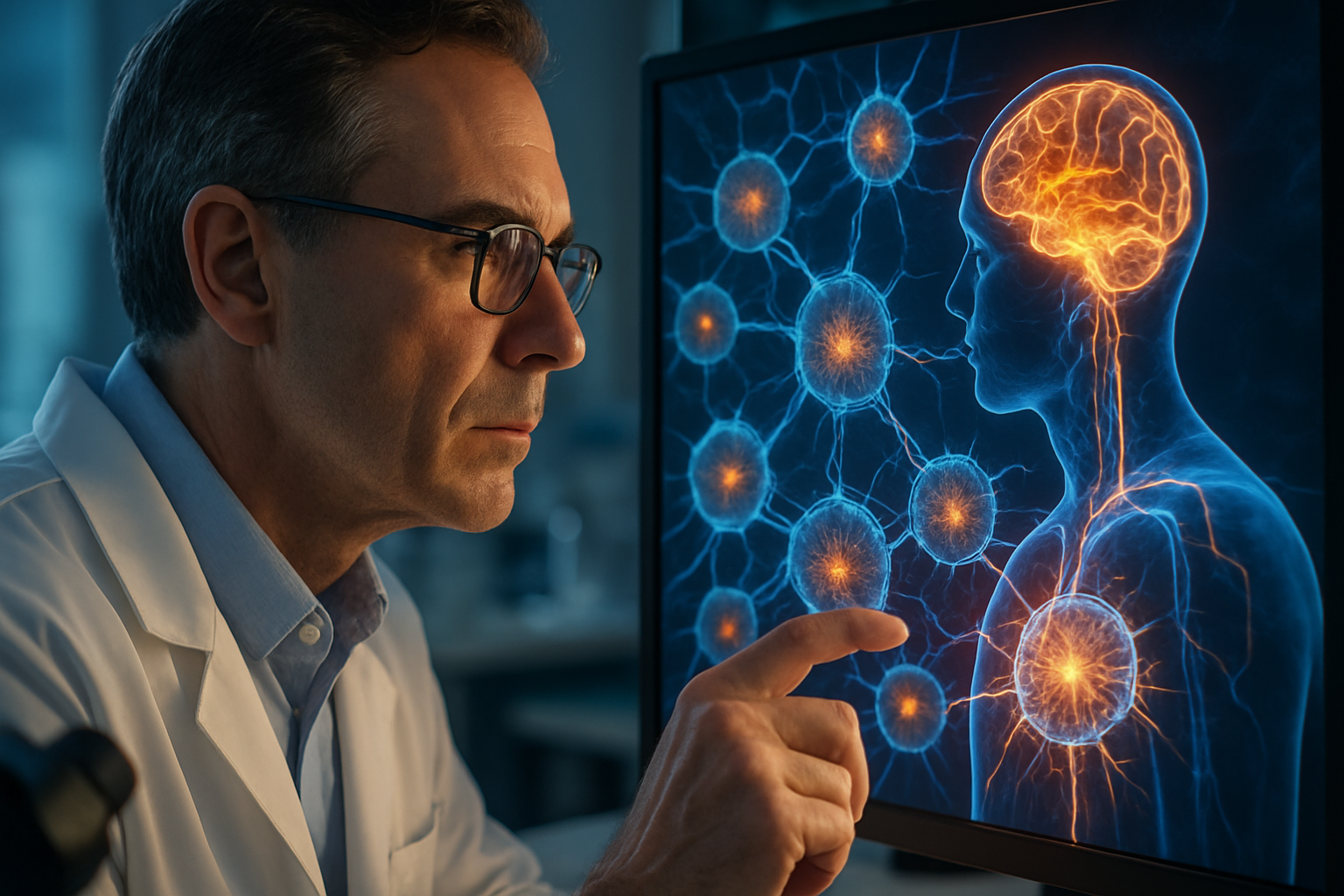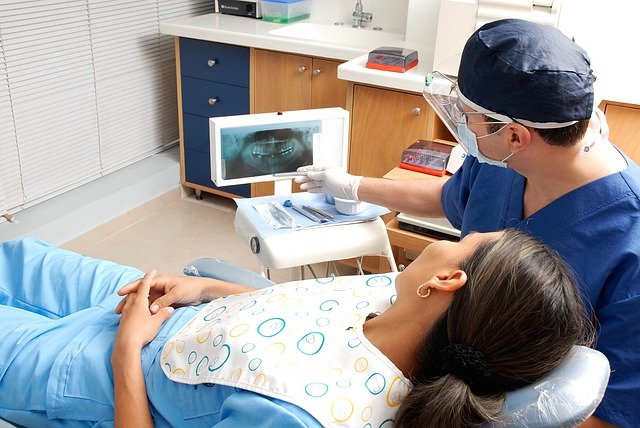Healthcare Degree Programs: A Comprehensive Guide to Physiotherapy Education
Discover physiotherapy courses that provide in-depth knowledge of body mechanics, rehabilitation techniques, and patient care. These programs combine practical training with theoretical learning, helping you develop the skills needed to support recovery and improve the quality of life for those in need.

Understanding Online Physiotherapy Course Options
Online physiotherapy courses offer flexibility for students balancing education with other commitments. These programs typically combine virtual lectures, interactive learning modules, and practical skills assessment through scheduled in-person clinical placements. Students can access course materials, participate in discussions, and complete theoretical components remotely while maintaining the hands-on training essential for physiotherapy practice.
Professional Certification Requirements in Physiotherapy
Physiotherapy certification courses prepare students for professional practice through structured curricula meeting industry standards. These programs typically include anatomy, biomechanics, therapeutic techniques, and clinical reasoning. Certification requirements vary by region but generally involve completing accredited coursework, supervised clinical practice hours, and passing licensing examinations administered by regulatory bodies.
Essential Skills Development for Physiotherapy Practice
Physiotherapy skills development courses focus on building core competencies needed for effective patient care. These include manual therapy techniques, assessment methods, treatment planning, and rehabilitation protocols. Programs emphasize practical skills through laboratory sessions, case studies, and supervised clinical experiences, ensuring graduates can deliver safe and effective treatment.
Clinical Practice Requirements and Training
Successful completion of a healthcare degree in physiotherapy requires extensive clinical practice hours. Students must demonstrate proficiency in patient assessment, treatment planning, and therapeutic intervention under supervision. This hands-on experience typically occurs in various healthcare settings, including hospitals, clinics, and rehabilitation centers.
Technology Integration in Physiotherapy Education
Modern physiotherapy education incorporates advanced technology and digital learning tools. Students learn to use diagnostic equipment, electronic health records, and therapeutic devices. Virtual simulation labs and interactive anatomy software enhance understanding of complex concepts and allow for practice in a risk-free environment.
| Program Component | Duration | Typical Requirements |
|---|---|---|
| Bachelor’s Degree | 4 years | High school diploma, prerequisite sciences |
| Master’s Degree | 2-3 years | Bachelor’s degree, GRE scores |
| Clinical Rotations | 800-1200 hours | Enrollment in accredited program |
| Certification | Variable | Degree completion, licensing exam |
Prices, rates, or cost estimates mentioned in this article are based on the latest available information but may change over time. Independent research is advised before making financial decisions.
Healthcare degrees in physiotherapy provide comprehensive education combining theoretical knowledge with practical skills. Whether pursuing traditional or online learning paths, students develop the expertise needed to deliver effective patient care while meeting professional standards and regulatory requirements.
This article is for informational purposes only and should not be considered medical advice. Please consult a qualified healthcare professional for personalized guidance and treatment.




